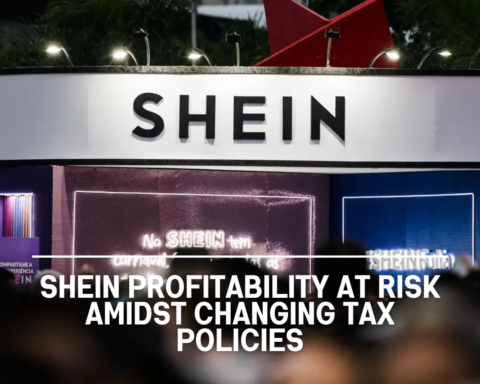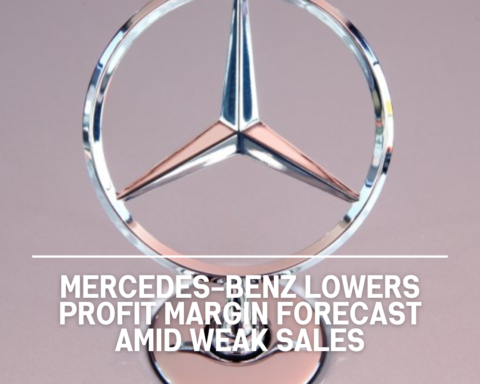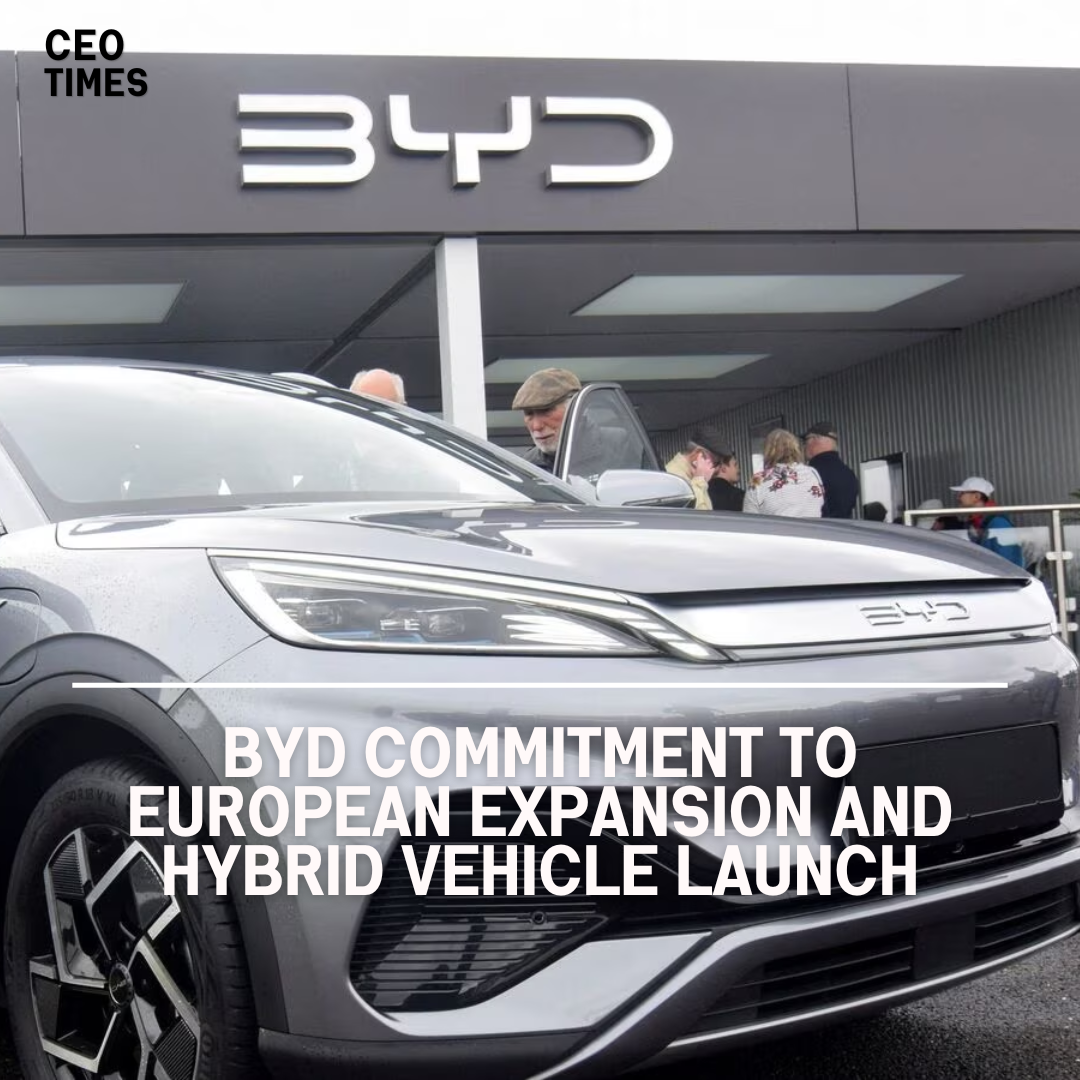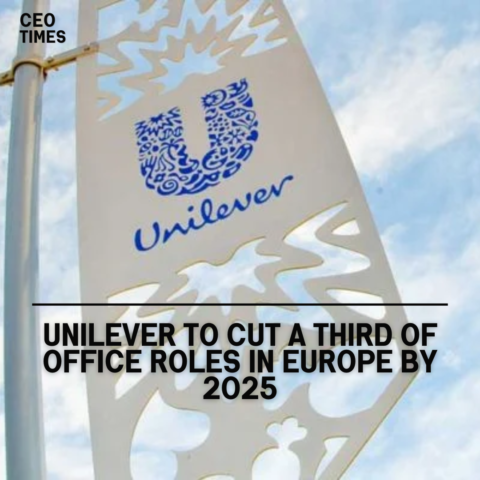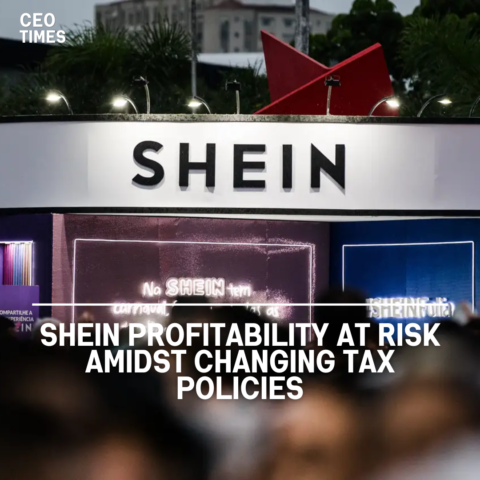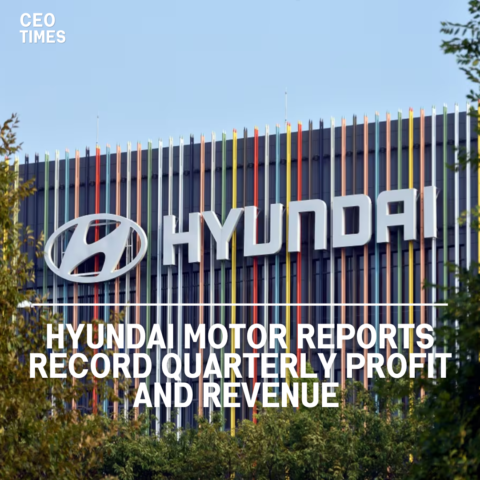Chinese electric vehicle (EV) giant BYD remains dedicated to expanding its manufacturing presence in Europe despite the slowdown in the EV market.
In an interview with AFP, Stella Li, BYD’s vice president for Europe and the Americas, emphasized the company’s plans for a second factory in Europe and its strategy to introduce hybrid cars.
European Factory Expansion:
BYD is progressing with its first European factory in Hungary, which will commence production by the end of next year.
The company is actively exploring potential sites for a second factory, demonstrating its long-term commitment to the European market. Li stated, “When the time is ready, we’ll invest in a second facility,” indicating the company’s strategic approach to expansion.
Response to EU Probe and Market Conditions:
Li addressed the European Union’s investigation into potential tariffs on Chinese EVs, suggesting that such scrutiny is a testament to BYD’s competitive strength. “When your competition worries about you, you’re super good,” she remarked.
This confidence reflects BYD’s resilience and strategic planning in navigating regulatory challenges and market fluctuations.
Introduction of Plug-in Hybrid Vehicles:
Due to declining EV sales in several EU nations, BYD is diversifying its product lineup with plug-in hybrid vehicles (PHEVs). At the Top Marques auto show in Monaco, BYD showcased the Seal U DM-i, a PHEV that combines a combustion engine with a midsize electric battery that can be plugged in for charging.
Li described PHEVs as a “first baby step to enjoy the technology” for car buyers. This strategy addresses concerns about the availability of charging stations and range anxiety associated with pure electric vehicles, aiming to attract consumers who are hesitant to fully transition to EVs.
Market Performance and Criticism of PHEVs:
BYD’s focus on PHEVs is underscored by its sales performance, with 1.5 million PHEVs sold last year, making up half of its global sales. However, critics argue that PHEVs are heavy and still rely significantly on petrol, leading to emissions that undermine their environmental benefits when not charged.
Li acknowledged these concerns but highlighted the practical appeal of PHEVs for consumers wary of charging infrastructure limitations. BYD aims to bridge the gap for consumers transitioning from traditional combustion engines to fully electric vehicles by offering a hybrid solution.



